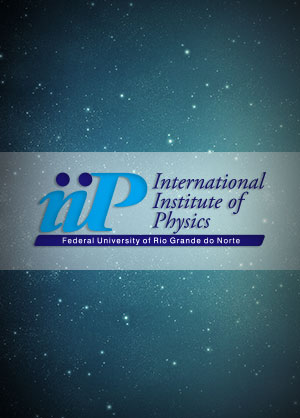
Dark Matter in the Early Universe: Decays, Cosmological Imprints, and New Physics
The early Universe offers a singular laboratory for high-energy phenomena, as these leave observable imprints on cosmological data. In particular, dark matter, one of the most compelling indications of physics beyond the Standard Model, plays a crucial role in shaping cosmic evolution. Remarkably, if dark matter is not perfectly stable, it may have exhibited richer behavior early on, with decay products affecting key observables such as the light element abundances from Big Bang Nucleosynthesis (BBN) and the anisotropies of the Cosmic Microwave Background (CMB). Moreover, scenarios involving gravitational production of dark matter may leave observational imprints, while also linking inflationary dynamics to the present dark sector. Such connections reveal how precise cosmological measurements can constrain particle physics models far beyond the energy scales probed by terrestrial experiments. In this talk, I will discuss the phenomenology of early-time dark matter decays, addressing their impact on cosmological epochs, their potential to alleviate long-standing tensions, and the resulting constraints on new physics.








